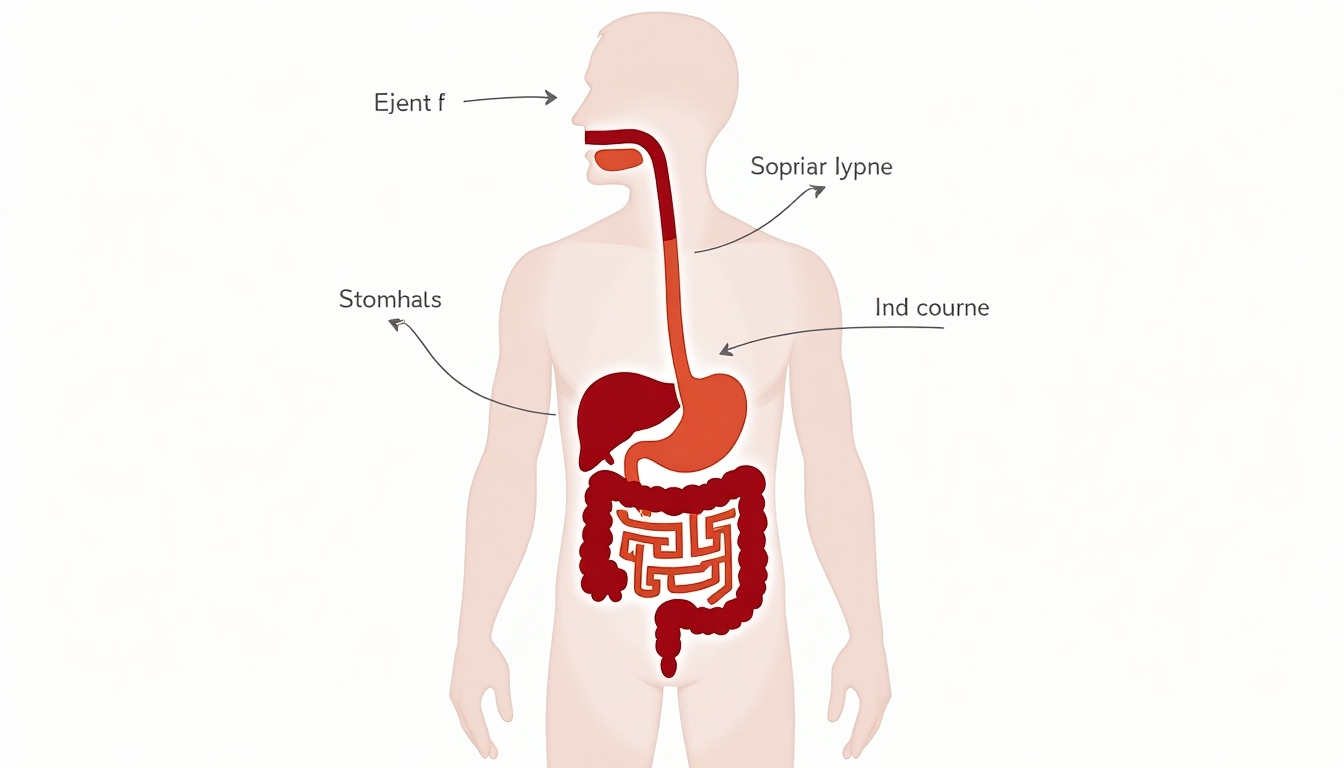Understanding Chronic Vomiting and Dehydration Risks
Chronic vomiting can seriously affect your health and quality of life, leading to dehydration and numerous complications. This article provides a detailed exploration of these risks, focusing on the underlying causes, including conditions like FPIES, to ensure you stay informed and prepared.

When you consider chronic vomiting, it’s not just about the immediate discomfort or inconvenience. This condition often points to underlying health issues that could range from gastrointestinal disorders to food allergies, such as Chronic FPIES (Food Protein-Induced Enterocolitis Syndrome). Understanding the causes and symptoms is crucial for effective management.
What is Chronic Vomiting?
Chronic vomiting is characterized by frequent bouts of vomiting over extended periods. Unlike occasional vomiting, chronic instances demand medical attention as they often signal other issues, including allergies like Chronic FPIES. Key symptoms to observe include persistent nausea, abdominal pain, and dehydration.

Chronic FPIES Symptoms and Impact
Chronic FPIES is a rare but serious form of gastrointestinal food allergy, primarily affecting infants and young children. Symptoms include severe vomiting, diarrhea, and poor growth due to nutrient loss and dehydration. Parents of children with Chronic FPIES often describe managing the condition as a continuous battle, requiring careful dietary monitoring and frequent healthcare consultations.
| Symptom | Frequency | Impact on Children |
|---|---|---|
| Severe Vomiting | Often | Leads to dehydration |
| Diarrhea | Common | Causes nutrient loss |
| Weight loss | Occasional | Affects growth |
| Fatigue | Continuous | Reduces activity level |
Managing this involves strict avoidance of trigger foods and sometimes hospital visits for hydration and nutritional support.

Risks of Dehydration from Chronic Vomiting
Dehydration is one of the most significant risks associated with chronic vomiting. Dehydration Symptoms include excessive thirst, dry mouth, dark urine, and dizziness. Long-term, this can impair kidney function and affect heart health. It's essential to rehydrate continually and seek medical help if vomiting persists.
Personal Insights into Living with Chronic Vomiting
Living with chronic vomiting, or caring for someone who does, requires resilience and adaptability. Many parents share experiences of how managing their child's diet and hydration became integral to daily life. Creating a supportive environment and working closely with healthcare providers can make a substantial difference in outcomes.

Conclusion: Staying Ahead of Chronic Vomiting
Chronic vomiting and dehydration are complex yet manageable conditions. Understanding triggers, symptoms, and challenges is crucial. Creating strong support systems and showing empathy can help navigate the clinical and emotional aspects. Always consult healthcare professionals when symptoms arise.
For more insights on managing gastrointestinal problems and dietary adaptations, see our recommended readings below.
Discuss Here